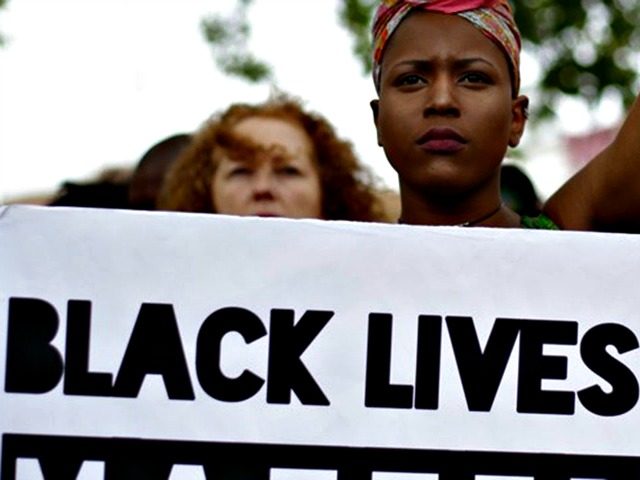“American liberalism in the twenty-first century is in crisis,” writes Columbia University Professor Mark Lilla, due in no small part to its embrace of a “disastrous” identity politics that divides instead of uniting.
In his newly released book, The Once and Future Liberal: After Identity Politics, Lilla, a self-described “frustrated American liberal,” decries the implosion of the Democratic Party and liberalism itself, brought on by a growing disconnect from middle America and the inability to paint a compelling vision for the future.
Lilla’s new work expands upon “The End of Identity Liberalism,” an essay he wrote shortly after last November’s Presidential election. In it, he urged fellow liberals to face up to their party’s share in responsibility for Trump’s victory, which Lilla attributed to the rise “identity liberalism.”
Liberalism, Lilla contends in his book, is rightly considered by many “as a creed professed mainly by educated urban elites cut off from the rest of the country who see the issues of the day principally through the lens of identities.”
The core of their error, Lilla suggests, is that Democrats have thrown themselves headlong into identity politics, focusing on what divides rather than what unites. As a result, many feel alienated from a party that once knew how to bring people together.
“The majority of Americans have made it abundantly clear that they no longer respond to whatever larger message we have been conveying over the past decades,” he writes.
Contra the opinion of many of his colleagues, Lilla says that the source of conservatives’ strength has been “not money, not false advertising, not fear-mongering, not racism” but rather a shared image for America’s future, which—he claims—the Democrats have been unable to produce.
The liberal vision, on the other hand, which earlier centered on shared values that bind the nation together, eventually gave way to “a pseudo-politics of self-regard and increasingly narrow and exclusionary self-definition that is now cultivated in our colleges and universities,” he writes.
So rather than expounding a common vision for the future, Democrats have embraced a divisive vision of fragmentation, trying desperately to please an unending series of special interest groups who see themselves as victims requiring special attention.
Democrats therefore no longer appeal to Americans, he argues, but rather to “women, Hispanics, ‘ethnic Americans,’ the LGBT community, Native Americans, African Americans, Asian Americans and Pacific Islanders.”
The reaction of liberals to Lilla’s book has been overwhelmingly negative, which may simply suggest how deeply the rot of identity politics has penetrated his political comrades in arms.
Predictably, the New York Times finds Lilla’s analysis thoroughly distasteful, and published a review by Yale University History Professor Beverly Gage that dismissed Lilla’s critique as “trolling disguised as erudition.”
Writing in The Los Angeles Review of Books, Columbia law professor Katherine Franke went further still, comparing Lilla to David Duke, the former Imperial Wizard of the Ku Klux Klan.
While Lilla may have effectively put his finger on the key problem undermining the modern Democrat project, there is little sign that his message will garner any support from the guardians of liberal orthodoxy.
Follow Thomas D. Williams on Twitter Follow @tdwilliamsrome

COMMENTS
Please let us know if you're having issues with commenting.